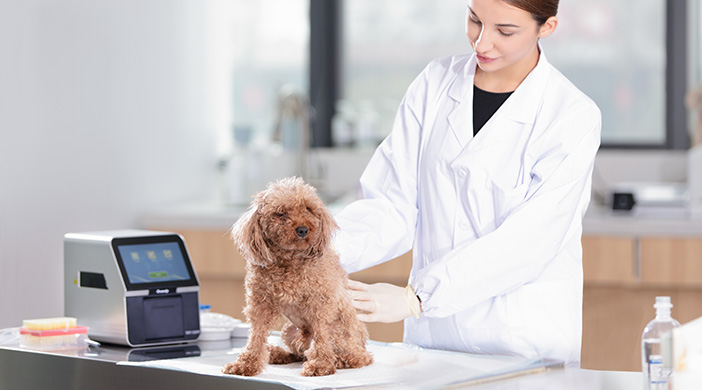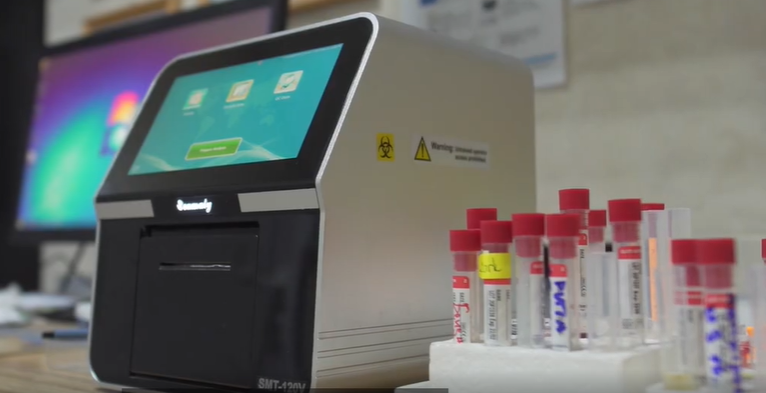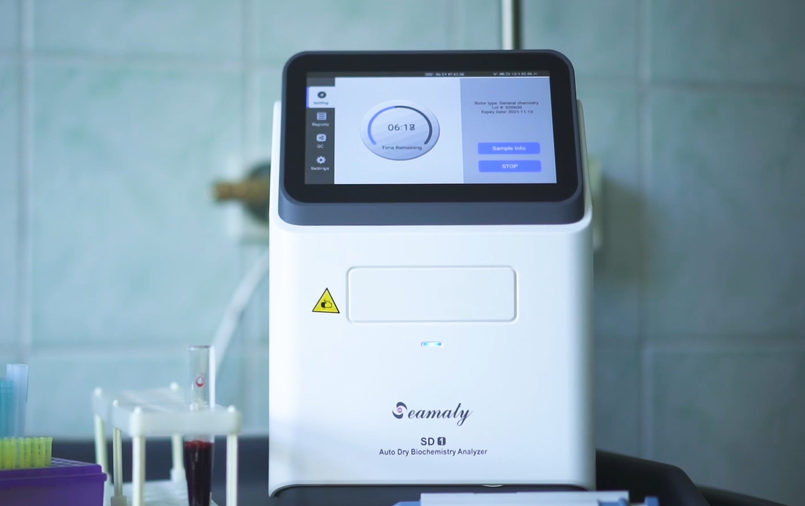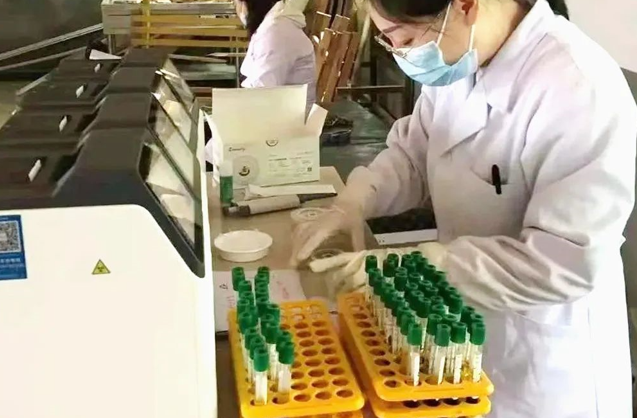The continuous development of pets has brought more development opportunities to animal hospitals. At the same time also prompted the progress and development of biochemical instruments and equipment!
1. Veterinary dry and wet biochemical analyzers and prices
Disc wet biochemical analyzer is relatively cheap. Dry biochemical analyzer is relatively expensive.
2. Testing samples
Disc wet biochemistry analyzer requires less samples. However, it is less capable of handling abnormal blood samples. Dry biochemical analyzer requires 10μl of blood sample, but the ability to handle abnormal blood samples is strong.
3. Applicable hospitals
Disc wet biochemistry is suitable for community hospitals. Also suitable for just starting animal hospital. Dry biochemical analyzers are more often used in animal hospitals. Because it can improve the accuracy of detection as well as efficiency.
4.Testing items
Disc wet biochemistry can test items in 14-16 items. Dry biochemical analyzer can detect more than 30 items.
5. Detection principle
Disc wet biochemical adopts wet biochemical colorimetric technology (old technology). Dry biochemical adopts the most advanced multi-layer membrane dry chemistry technology and ISE ion selective electrode method.
6. Detection time
Minimum 15 minutes for disc wet biochemistry. Most of the dry biochemistry is around 10 minutes.
7. Reagent combination
Disc wet biochemistry is a combination disc, not separable. Dry biochemical single and combination of any choice, giving customers more options.
8. Testing accuracy
Both dry and wet biochemical analyzers are internationally certified. The difference in their accuracy is not significant.
Veterinary dry biochemical analyzers and wet biochemical analyzers both have their own advantages and disadvantages. Hospitals should combine their actual needs to choose the right veterinary biochemical analyzer for them.



